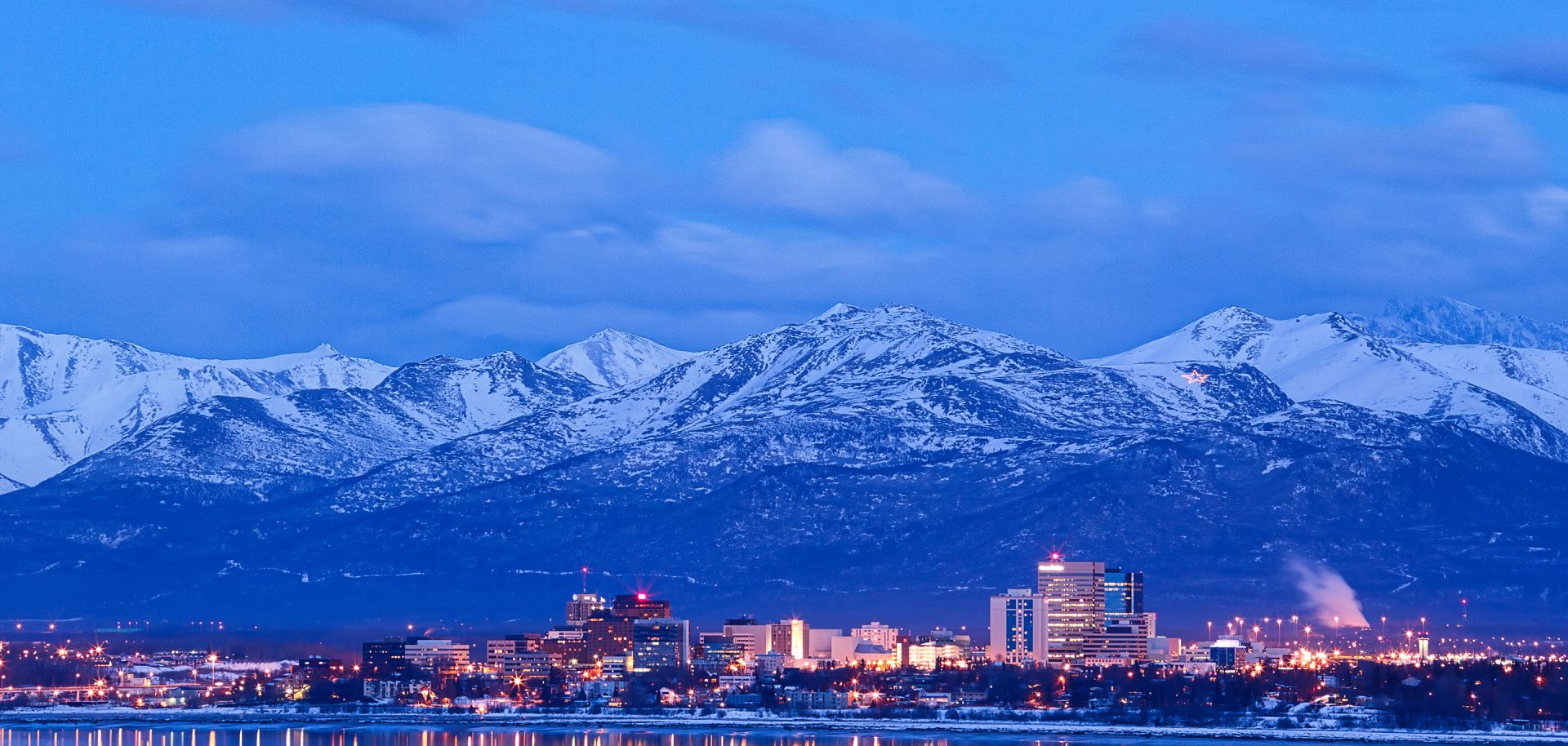Maps play an important role in shaping national policy, and in shaping society’s consciousness and support. But they can also reinforce ideas of relative unimportance by leaving key areas off, or having areas appear as mere incidental inclusions, which can subconsciously constrain developments in foreign policy. Indeed, it’s perhaps no surprise that many Americans still fail to recognize the United States as an Arctic nation when the majority of U.S. maps place Alaska in a small inset box, relegating the state to a secondary geographic status.
The United States, however, maintains a strong interest in a secure and stable Arctic, for its Alaska citizens, for economic reasons, and for core national security. So long as the American Arctic is considered something distant and separate from the United States, it risks being sidelined in the national narrative, and thus sidelined in national priorities and attention. The United States is already playing...



